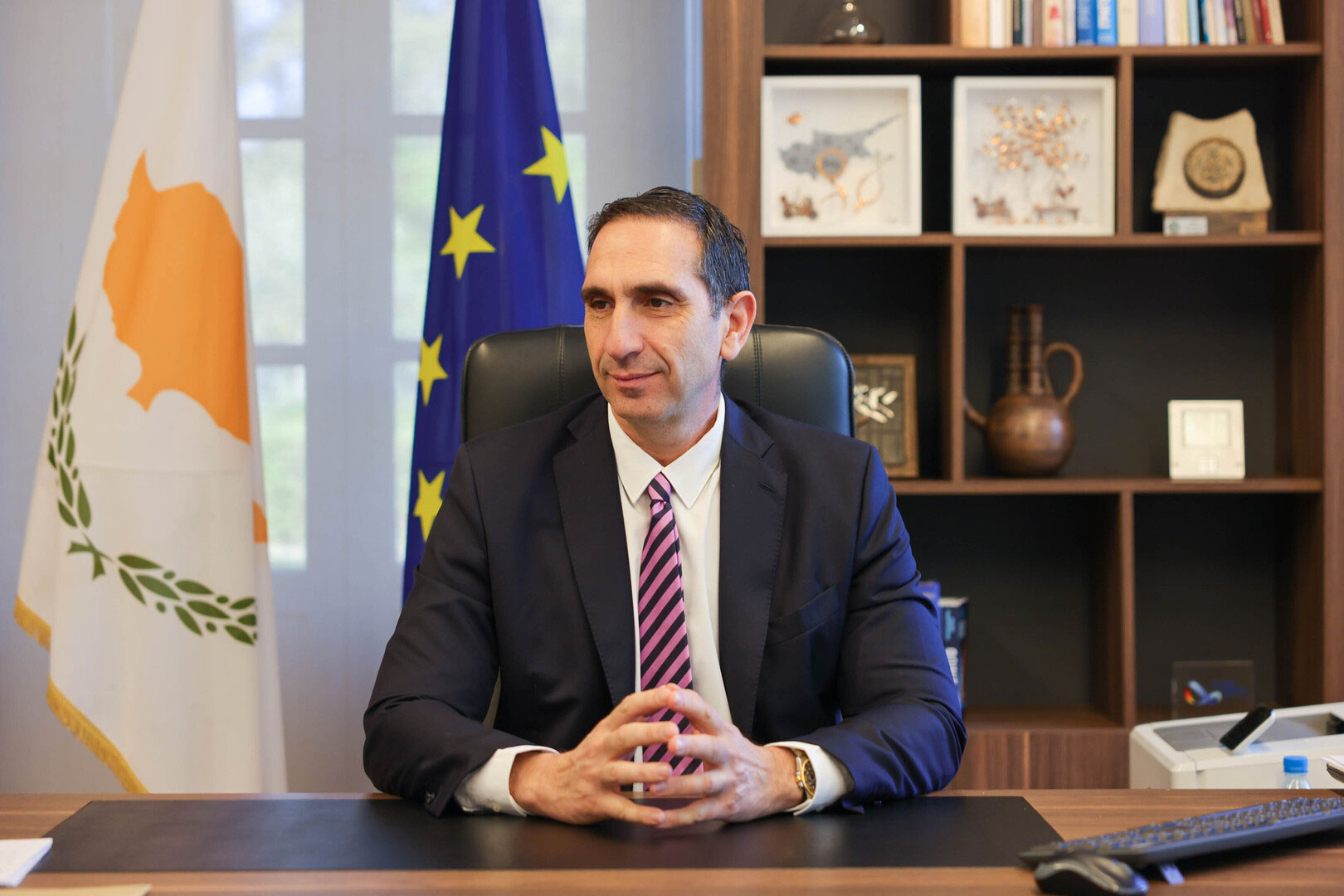Nicosia is ramping up efforts to tackle the migration crisis, expanding reception centres, speeding up asylum seeker applications, and increasing voluntary returns to 1,000 a month, said Interior Minister Constantinos Ioannou.
In an interview with the Cyprus News Agency, Ioannou detailed the new government’s migration plan, namely limiting flows, improving reception centres and speeding up assessments and voluntary returns.
To facilitate the policy, a deputy ministry of migration will be created, Ioannou revealed.
He argued that for the past six years, Cyprus had received a disproportionate number of asylum seekers compared to other EU states in relation to its population.
“There are currently some 30,000 outstanding applications from asylum seekers, which is a major problem.”
According to Ioannou, in 2021, there were 13,000 applications submitted by asylum seekers, which spiked to 21,500 in 2022.
“While we have between 1,100 – 1,200 applications processed monthly, this will increase to 2,000.
“There was no capacity to process the outstanding 30,000 applications, but with the increasing staff, this will also be resolved.”
Ioannou said that 27 new staff recruited would begin work in May.
The minister said that authorities would look to boost the number of voluntary returns, noting that some 7,500 people were sent back last year.
“In the first three months of 2023, 2,047 people were voluntarily returned.
“This is around 700 people per month. The goal is to increase them to 1,000 per month,” said Ioannou.
Regarding infrastructure, the island’s main migrant reception centre, Pournara in Kokkinotrimithia, Nicosia, is undergoing a €25 mln “radical upgrade”.
The project, co-funded by the International Organization for Migration, will be completed in October, increasing the centre’s capacity from 450 to 700.
In the meantime, works on an €80 mln reception and pre-departure centre will begin on July 7 in Limnes, Larnaca.
Ioannou said €67m is coming from EU funding, while the project should be wrapped up in around a year-and-a-half to two years.
In preventing irregular migrant flows, the minister said that 220 special guards hired to monitor the buffer zone for crossings had started their training.
The government is also installing cameras to monitor the Green Line better, as 95% of irregular migrants come from the Turkish-occupied north of the island.










